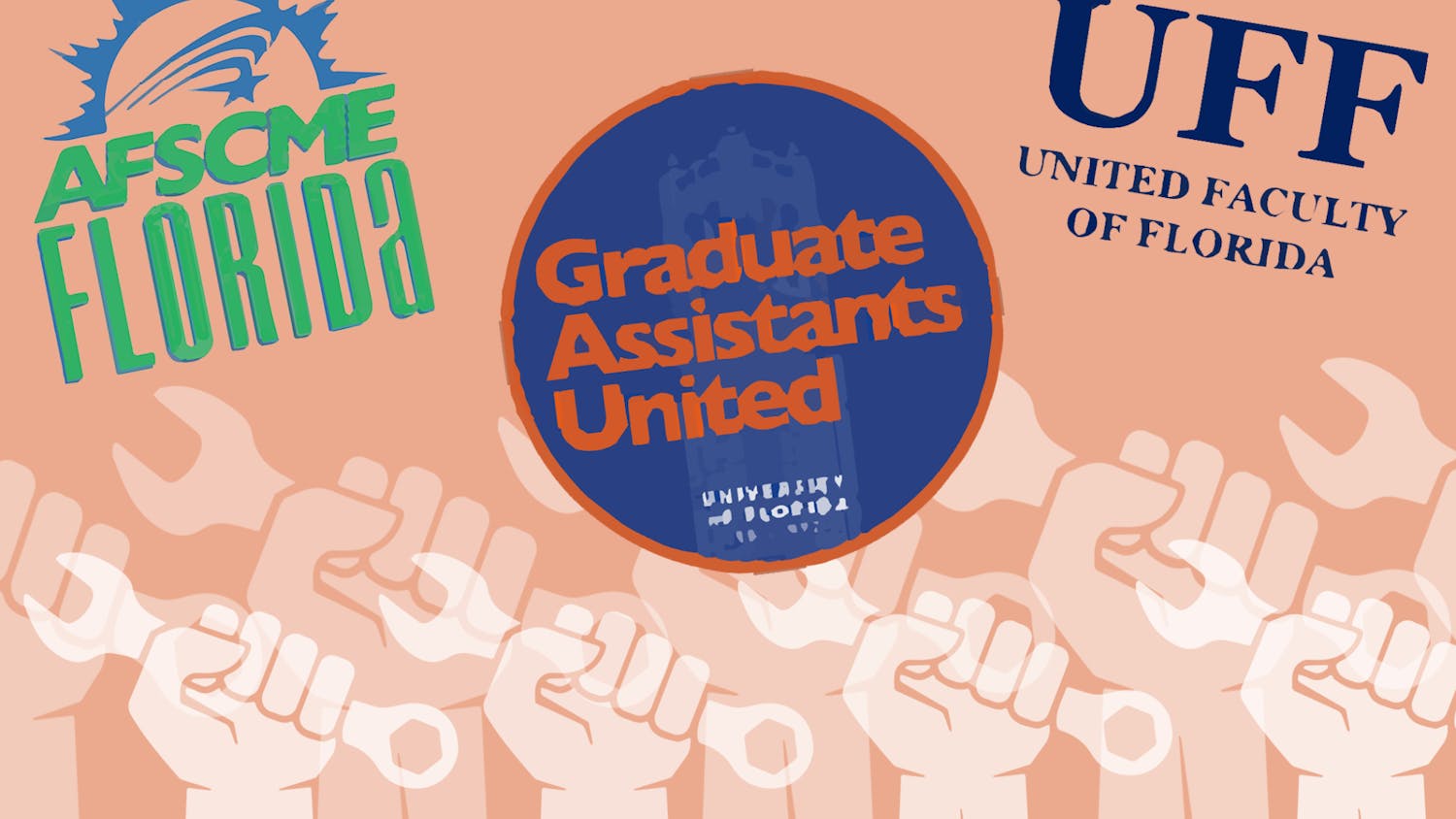I read an obituary for the Great Barrier Reef a few days ago that stated the reef had died after a long battle with bleaching. This bleaching was caused by stress from climate change and indirect human interaction such as toxins from oil spills and sediment from runoff. It didn’t seem right to me that I had never heard of the website that posted the obituary, so I did some quick research and learned it was just something meant to grab people’s attention in a dramatic way. The good news that is the reef is still alive. The bad news is it’s dying at a rapid rate and will most likely be completely destroyed soon if something isn’t done to slow the rate of climate change.
Around the same time I read the obituary, I read an article that linked Hurricane Matthew to climate change. The article said because the oceans are warmer than they have ever been, they help fuel the catastrophic strength of hurricanes. This made total sense to me, and the link really shook me, especially because I witnessed the destruction of parts of my hometown from what wasn’t even the worst part of the storm.
To match the adage that bad things come in threes, I read a third article the other day about how bees are dying at a rapid rate and that several species have been added to the endangered-species list. They’re disappearing not only due to negative effects from pesticides and genetically modified plants, but from climate change as well. As it is widely known, bees are helpful and pollinate the majority of crops that humans use for food. If we lose bees, we lose these crops and pretty much have a break in the food chain.
Anthropogenic climate change is real and its effects are life-threatening. It is a fact that global temperatures have fluctuated over the years and that some have been colder or warmer than others, but it is also true that this is the warmest our planet has ever been. The change originates from the crazy-high atmospheric carbon dioxide levels that come directly from human activity. We keep burning fossil fuels that release harmful chemicals into bodies of water, which kill wildlife and cause eutrophication that destroys valuable forests. It has always baffled me that people would want to destroy something that absorbs our carbon dioxide and gives us oxygen to breathe in return for free. There’s honestly no denying humans have caused significant negative effects on our planet, as we are literally the only species who have intentionally destroyed aspects of the earth for our own benefit, going as far as drilling it for natural gas and causing minor earthquakes.
I would never, ever dream about being dramatic in the slightest, but basically what I’m trying to get across is that we’re going to get wiped out by climate change — the effects of which have been amplified by human activity if nothing is done about it. It’s hard to accomplish widespread change — especially on a global level — but it’s worth a shot. We can start by changing our own habits by being wary of what we consume and put out into the environment, as well as divesting from companies that have been known to damage our planet’s ecosystems. I can only hope that, at this point, we’re not too late to make a change.
Alexa DeLoera is a UF political science senior. Her column appears on Fridays.





